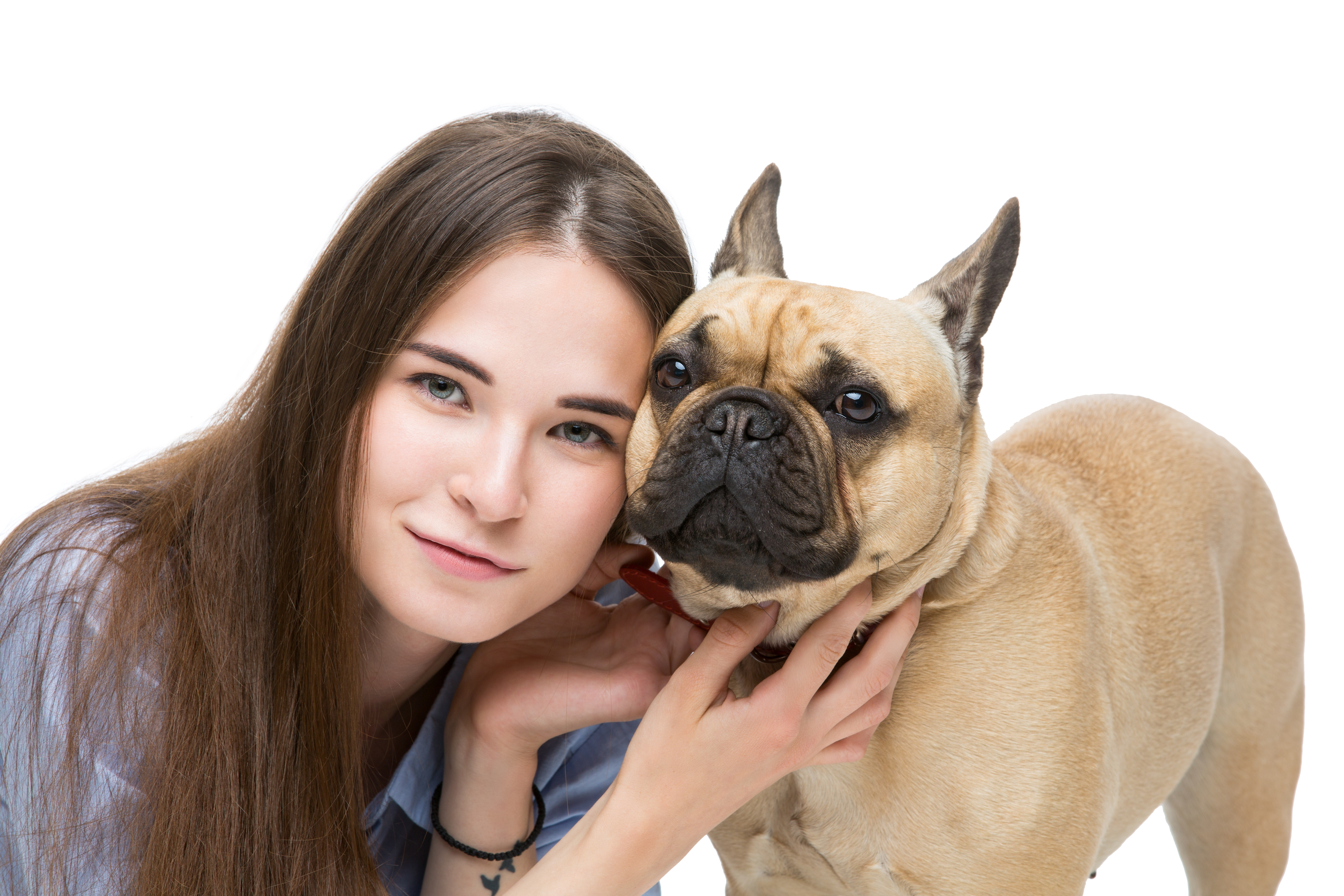When discussing brachycephalic syndrome (BOAS) in dogs, we at IndulgeYourPet are a bit torn. Brachycephalic syndrome is a medical term used to define a “pathological” condition that typically affects “short” nosed dogs.
The problem is that most of the dog breeds affected by brachycephalic syndrome are affected by it precisely because the affected breed has been bred to have a “short” nose!
And if you’re like us…
Many dog breeds affected by brachycephalic syndrome are some of our favorites!
For example, breeds that commonly suffer from this “syndrome” will include:
- Boston Terrier,
- Boxer,
- Bull Mastiffs,
- Cavalier King Charles Spaniel,
- Chihuahuas,
- Chinese Shar-Pei,
- Chow Chows,
- English Bulldog,
- English Toy Spaniels,
- French Bulldog,
- Lhasa Apso,
- Pekingnese,
- Pug,
- Shih Tzu.
But it’s important to point out that…
Dogs aren’t only affected by brachycephalic syndrome; some cat breeds may also suffer. Cat breeds that are at an increased risk will include:
- Himalayans,
- Ragdolls,
- And Persians.
So, at this point, now that we’ve pretty much pointed out that a lot of our favorite dog and cat breeds are at risk for developing brachycephalic syndrome, we might as well take a moment and describe what this syndrome is and what if anything we can do to prevent it in our furry family members.
Brachycephalic syndrome
Brachycephalic syndrome (BOAS) is a term used to describe a host of potential issues that could affect certain dog breeds bred to have a short nose and a high “domed” forehead.
Brachycephalic Syndrome is not a medical condition that occurs by accident. Instead, it results from specific breeding designed to create a desired appearance, including a short nose and a somewhat “squished face.”
As a result…
These dogs tend to have an “excess” of soft tissues in their upper airways, which causes these dogs to experience difficulty breathing normally.
Upper airway abnormalities that may occur can include:
- Stenotic nares.
- Nostrils that are pinched or narrowed.
- Elongated soft palate.
- Hypoplastic trachea.
- Which could lead to laryngeal collapse.
- Everted laryngeal saccules or everted larynx.
- Complications with the arytenoid cartilage.
Clinical signs and symptoms of brachycephalic obstruction airway syndrome
Will often include:
- Difficulty breathing.
- Noisy or labored breathing.
- Snoring and grunting.
- Exercise intolerant.
- Heat and stress intolerant.
It should be noted that while most brachycephalic dog breeds will suffer from this syndrome to some extent, certain dog breeds such as English Bulldogs and Pugs will tend to exhibit more severe symptoms than say a Boxer or a Chow Chow. Plus even within certain species, the severity of this syndrome can vary significantly from one dog to another.
This is why…
If you are considering adopting or purchasing a dog theoretically considered a brachycephalic dog breed, be sure to work only with a reputable dog breeder aware of this condition and “breed” accordingly. It would also be a good idea to avoid adopting a dog when you cannot physically examine that puppy’s parents to rule out any obvious health concerns visually.
This is because the only proper way to avoid or prevent brachycephalic syndrome from occurring is either to stop breeding these breeds entirely or choose to produce them responsibly to at least minimize this syndrome’s effect that it will have on each future generation.
Treatment for brachycephalic syndrome in dogs.
Other than performing a surgical correction designed to remove any excess soft tissue or stenotic nare issues, there isn’t much that one can do to improve a dog’s situation if they suffer from a sever case of brachycephalic syndrome.
The excellent news is…
If your dog does require surgery to improve their airway, most of these surgical procedures are pretty easy to perform and don’t represent too significant a risk to the health (or life) of your loved one. That said, however, we should probably point out that anytime you start including surgical procedures in the care of your animal, you can bet that the cost of your vet visit will rise! And when surgically treating your dog’s brachycephalic syndrome, that cost could run up to around 1500 dollars.
Now at this point…
We generally like to remind our readers that we here at IndulgeYourPet are not medical professionals and are certainly not veterinarians. We are all a bunch of folks who love animals and want to ensure that anyone thinking about adopting an animal anytime soon fully understands the seriousness of this commitment and everything it entails!
This is why…
We like to write articles like these so that folks can appreciate all of the potential issues that their dog (or cat) may have in the future and understand that in addition to caring for their loved one, they may also be on the hook for paying for their medical bills as well.
It’s also why we like to encourage anyone who is thinking about adopting a new pet to take a moment at least and see what a pet insurance policy might cost you so that if your pet does suffer from some illness or injury, you won’t have to burden the cost of their care on your own. Instead, you can use your insurance to help mitigate your expenses!




Very interesting information. planning on purchasing and/or adopting, will help with decision now. Thank You!
Elaine,
We’re happy you found our article helpful, good luck with your adoption!
Thanks,
IndulgeYourPet.